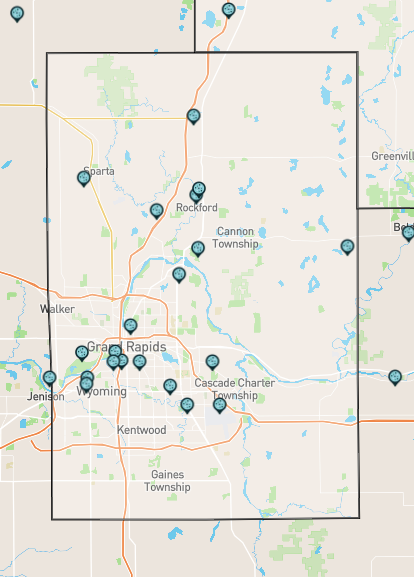Learn more about PFAS in Kent County

Find PFAS sites near you.

Who are we?

Discover local resources.

Toxic PFAS are invisible.
People Working for a Better Kent County

Sandy Wynn-Stelt
Co-Chair of GLPAN
Sandy Wynn-Stelt, co-chair of GLPAN, serves on the Michigan PFAS Action Response Team’s Citizens Advisory Work Group and was recently appointed to the Environmental Rules Review Committee in EGLE.
Learn More

Tony Spaniola
Co-Chair of GLPAN
Tony is a national expert on PFAS, a member of the National PFAS Contamination Coalition, and frequently called upon for comment and testimony.

Cathy Wusterbarth
Community Leader
Cathy Wusterbarth, a community leader and registered dietitian, co-founded Need Our Water (NOW) in Oscoda after discovering PFAS contamination from Wurtsmith Air Force Base.
Learn More

Salah Ali
Community Leader
Salah Ali, an automotive engineer and community activist, serves on MI's Advisory Council on Environmental Justice. Additionally, he's on the transition team for Dearborn's Mayor Abdullah Hammoud.

Robb Kerr
Community Leader
Robb Kerr, an Ann Arbor small business owner and architect, joined GLPAN as a community advocate after finding PFAS contamination in the Huron River. He co-chairs the Wolfpack Clean Water Hunt Team.
Learn More
Take Action


PFAS in Kent County
PFAS + Kent County
As a Kent County resident, you and the 652,617 people living in your community need to stay informed about the threat posed by toxic PFAS contamination.
A quick look at the numbers in Kent County:
- There are 24 sites contaminated with toxic PFAS.
- 12% of residents are over the age of 65, and their health can be aggravated by PFAS contamination.
- 6.2% are children, who are especially vulnerable to PFAS.
To combat the harmful effects of PFAS, we must:
- Raise funds to clean up the Gerald R. Ford International Airport, Ashley Avenue Disposal Area, and Northeast Gravel.
- Raise awareness of PFAS contamination in Kent County waterways, and conduct local events to educate boaters and swimmers of the risks associated with PFAS.
- Recruit volunteers in key communities such as Rockford and Caledonia to get the word out about this risk to our community.
- Raise funds to continue testing important water sources like Murray Lake.
- Raise awareness of potential PFAS contamination in Kent County waterways.
Join the Great Lakes PFAS Action Network and share your story.
The Great Lakes PFAS Action Network is a coalition centered and driven by people impacted by toxic PFAS pollution.
Full Time
Get Involved Today
We need you in this fight. Join the movement addressing PFAS contamination today.
Kent County, USA, 49301
